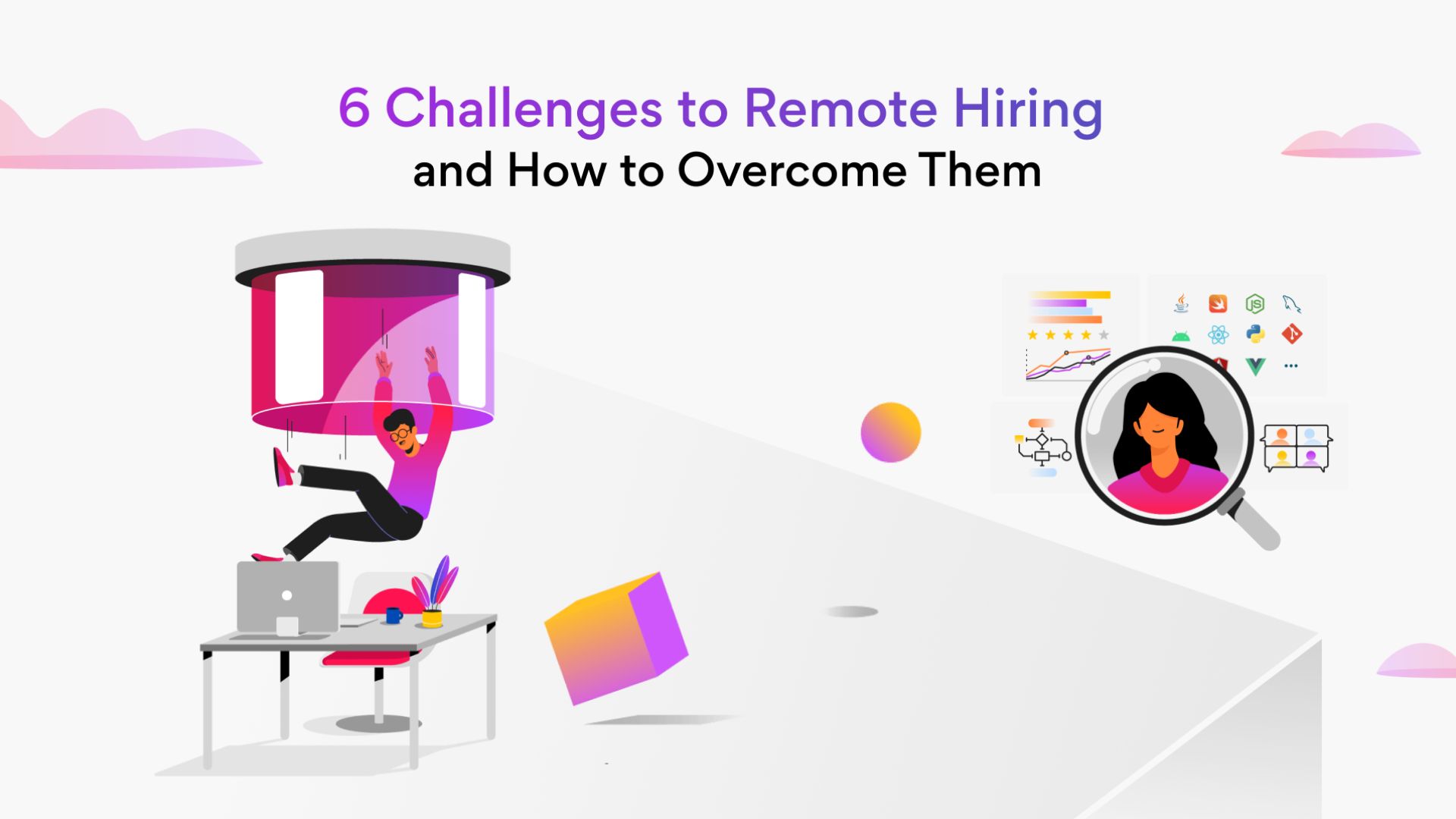Remote Work to Combat Inflation and Low Productivity
While many employers want employees back in the office, research shows that remote work is helping combat two major challenges: low productivity and an increasing inflation rate. A survey by the National Bureau of Economic Research has revealed that remote work is lowering wage-growth pressures, which in turn is reducing the inflation rate.
If you are an organization wondering if you should embrace remote work, this blog post can help you reach a decision. Keep reading to know how and why remote can benefit you.
How can remote work help in tackling inflation?
Remote work can help combat inflation by reducing wage-growth pressures. In simple terms, employees are ready to accept a lower wage if given the option to work remotely. In another survey by the Society of Human Resources, the respondents stated that they’d need at least a 20 percent increase in their salary if the employers wanted them back to the office.
Another survey with over 3,000 respondents from big tech companies like Google, Microsoft, and Amazon stated that employees are ready to choose to work from home over a $30,000 salary raise!
Thus, remote work helps lower the cost of labor, which, in turn, helps reduce the inflation rate.
How is remote work helping employers and employees?
Did you know? On average, an in-office employee will cost an employer around $18,000 per year. This figure includes costs related to real estate, repairs and maintenance, insurance, office supplies, cleaning services, furniture and fixtures, and more!
As most of these costs are not associated with a virtual office, employers can reap great monetary benefits if they switch to remote.
Similarly, studies show that employees can save up to $12,000 in expenses, such as travel costs, office attires, meals, etc., by adopting remote work.
Why are employers reluctant to offer full-time remote work to employees?
Many employers believe that a physical office leads to better organizational performance. What’s more, they also think that calling employees to the office will build a stronger work culture and promote better networking across people. However, there is no research-based data that supports these beliefs.
In contrast, several reports state that remote workers are equally, or in some cases, more productive than their in-office counterparts. Studies have also shown that remote workers are happier than non-remote workers.
So, why should your company go remote?
Well, for starters:
- Remote work can help eliminate most expenses associated with a physical office!
- Most employees are usually willing to accept lower wages if given the option to work remotely. Similarly, they are likely to choose remote work over salary hikes.
- The tech talent shortage is not an issue for such remote companies. Why? Well, remote companies have the option to hire from a global talent pool without having to worry about geographical boundaries.
- Last but not least, remote workers are happier and more productive. As a result, remote companies can maintain good retention rates.
To conclude, remote work is here to stay!
As more and more organizations gear up to adapt to remote work, it is time you made the switch, too! Remote work has several benefits for employees and employers—tackling the inflation rate is just one of them! Big tech companies across the world are already adopting remote work. What are you waiting for?
If you’re an organization looking to hire remote software developers and engineers, we have great news for you.
With Turing, you hire the top 1 percent of global tech talent from a pool of 2.5 million prevetted developers and engineers. Head to Turing’s Hire Developers page to know more.
Tell us the skills you need and we'll find the best developer for you in days, not weeks.












